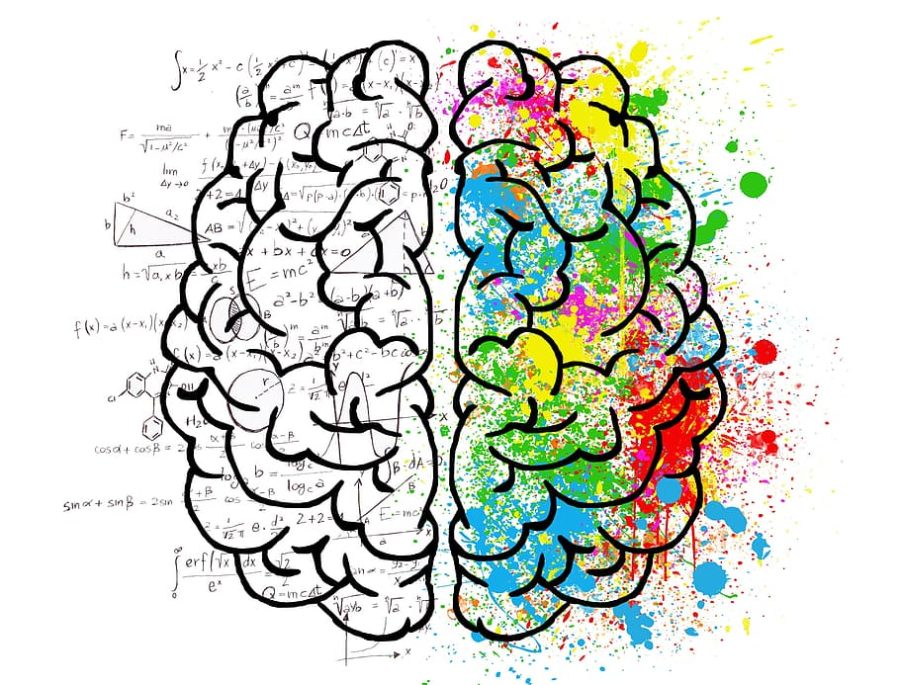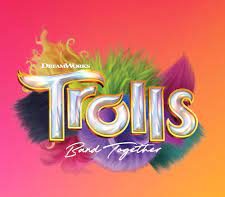The Power of Music on the Brain
October 7, 2021
We’ve all heard that music is good for the brain. Whether it be having a baby listen to classical music, deciphering pages of sheet music, or playing an instrument, it’s a general consensus that music can do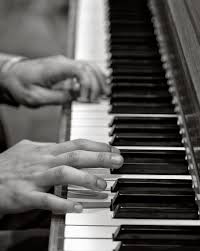 wonders. But what if music could actually heal the brain?
wonders. But what if music could actually heal the brain?
Believe it or not, it is possible. When it comes to conditions affecting the memory, such as Alzheimer’s, music has the potential to tap into previously unattainable memories. This is all thanks to how the brain processes music.
It’s a common misconception that one portion of the brain is responsible for one sole job, especially when it comes to music and memory. While the brain is specialized, it takes multiple portions of the brain to truly process music. So not just one place in the brain is responsible for music and its tie to memory. This makes sense. If you’ve ever sat down and listened, danced, or played a song, you know that music isn’t just a matter of listening. It’s a highly emotional experience, and it takes multiple parts of the brain to process such an experience.
Now Alzheimer’s disease is a common form of dementia, which affects memory and responsiveness to one’s environment. Presently, there is no cure available for the disease, but music could be beneficial in providing support. Surprisingly, individuals affected by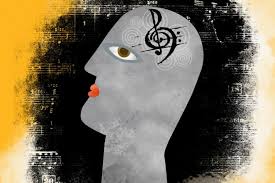
Alzheimer’s may not experience memory loss with music. Music that is familiar to them may evoke positive responses, such as a positive mood change. This effect can even stem as far as the ability to create music, as memories involving playing an instrument may be stored in the cerebellum (which is relatively unaffected by the disease). So an individual affected may not be able to recall certain memories, but could still successfully play an instrument.
Music could also have a powerful impact on the medical field, specifically neuroscience. Further research into music and the brain have led to the belief that it has a significant effect on the regeneration and repair of cerebral nerves. This effect causes the brain to become more efficient, rewiring itself to gain as much ability as possible.
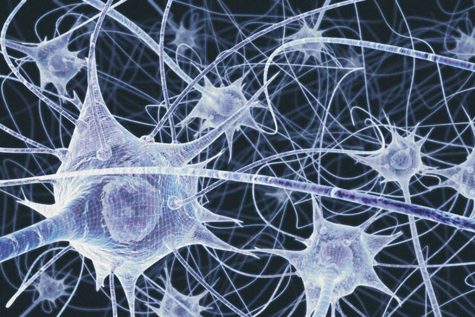
Another new finding is that the positive effects of music on the brain aren’t limited to one genre. In the past, it was believed that classical music would have the most prominent impact on brain function. This belief was often supported by the proficiency of classical composers such as Mozart and Beethoven. And while classical music may have a positive effect on the brain, the effect is not limited to that genre. In the case of Alzheimer’s patients, the music most effective in triggering memories was the type that was most familiar. Music may not have such a powerful effect on the brain if it isn’t tied to any personal experiences or emotions.
So music isn’t necessarily just for entertainment. It could hold the potential to assist in many neurological diseases affecting memory. It’s not only a good way to pass the time or boost your mood, but it could also be the key to supporting people affected by diseases like Alzheimer’s.
Sources:
- https://www.dana.org/article/how-music-helps-to-heal-the-injured-brain/
- https://www.ucf.edu/pegasus/your-brain-on-music/
- https://www.mayoclinic.org/diseases-conditions/alzheimers-disease/expert-answers/music-and-alzheimers/faq-20058173
- https://www.cdc.gov/aging/aginginfo/alzheimers.htm
- https://myhealth.alberta.ca/Health/Pages/conditions.aspx?hwid=tp12408
- https://pubmed.ncbi.nlm.nih.gov/18692321/
